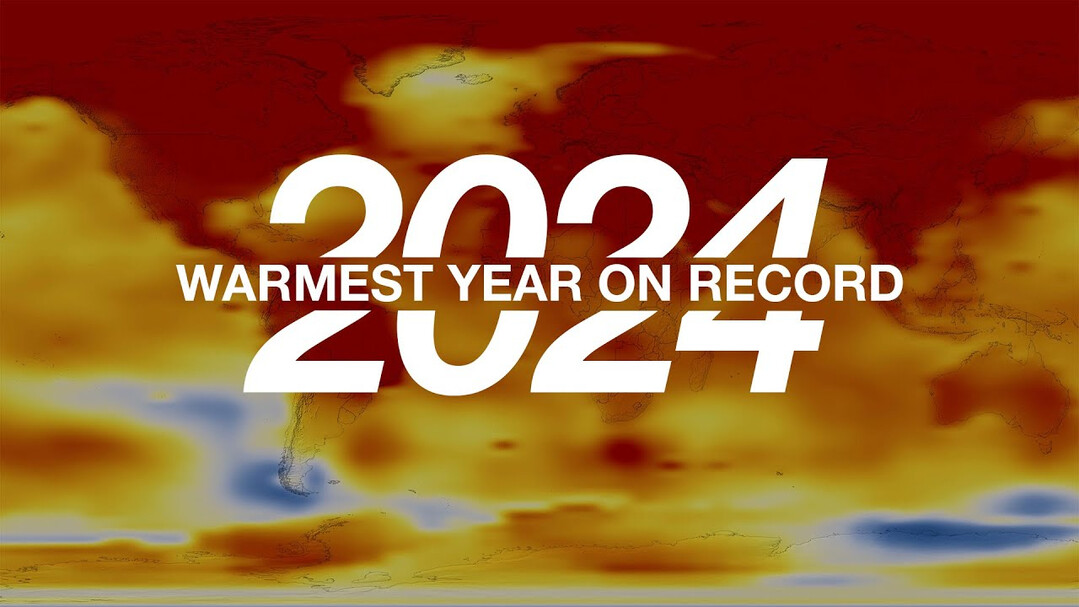
Washington D.C. - 2024 has officially been declared the hottest year on record, according to a new analysis by NASA scientists. This marks a significant milestone in the ongoing climate crisis, with global temperatures surpassing previous records by a considerable margin.
The analysis revealed that average global temperatures in 2024 were 1.28 degrees Celsius (2.3 degrees Fahrenheit) above the 20th-century average (1951-1980). This unprecedented heat streak follows 15 consecutive months of record-breaking monthly temperatures, a stark indicator of the accelerating pace of global warming.
Furthermore, NASA estimates that Earth in 2024 was approximately 1.47 degrees Celsius (2.6 degrees Fahrenheit) warmer than the pre-industrial average (1850-1900). A concerning aspect of this data is that for a significant portion of 2024, global temperatures exceeded the critical 1.5-degree Celsius threshold set by the Paris Agreement. While the exact annual average, with its inherent mathematical uncertainties, may still be under review, the possibility of surpassing this threshold for the first time is a grave concern.
"This record-breaking year underscores the urgent need to address the climate crisis," said NASA Administrator Bill Nelson. "The devastating impacts of climate change are already being felt around the world, from extreme heatwaves and wildfires to rising sea levels and more frequent and intense storms."
The Role of Greenhouse Gases
Scientists have unequivocally linked the warming trend of recent decades to the increasing concentration of greenhouse gases in the atmosphere, primarily carbon dioxide and methane. These gases trap heat, causing a gradual warming of the planet.
A recent international analysis revealed that 2022 and 2023 witnessed record increases in carbon dioxide emissions from the burning of fossil fuels. The atmospheric concentration of carbon dioxide has surged dramatically since pre-industrial times, rising from approximately 278 parts per million to about 420 parts per million today.
Implications and Future Outlook
The record-breaking temperatures observed in 2024 serve as a stark reminder of the urgency of the climate crisis. The continued reliance on fossil fuels is driving global temperatures to unprecedented levels, with potentially catastrophic consequences for human societies and ecosystems.
Addressing this crisis requires a global, concerted effort to transition to clean energy sources, reduce greenhouse gas emissions, and enhance climate resilience. The scientific community and policymakers alike must work together to implement ambitious climate action plans and accelerate the transition to a sustainable future.
[Copyright (c) Global Economic Times. All Rights Reserved.]






























